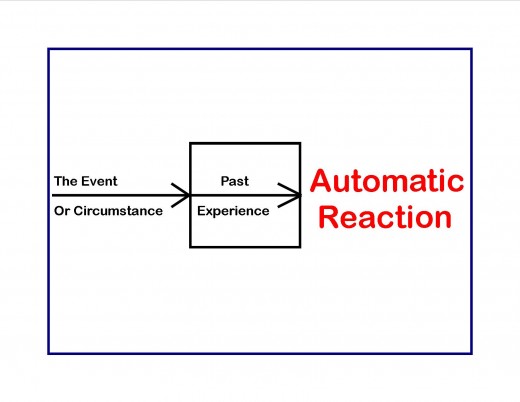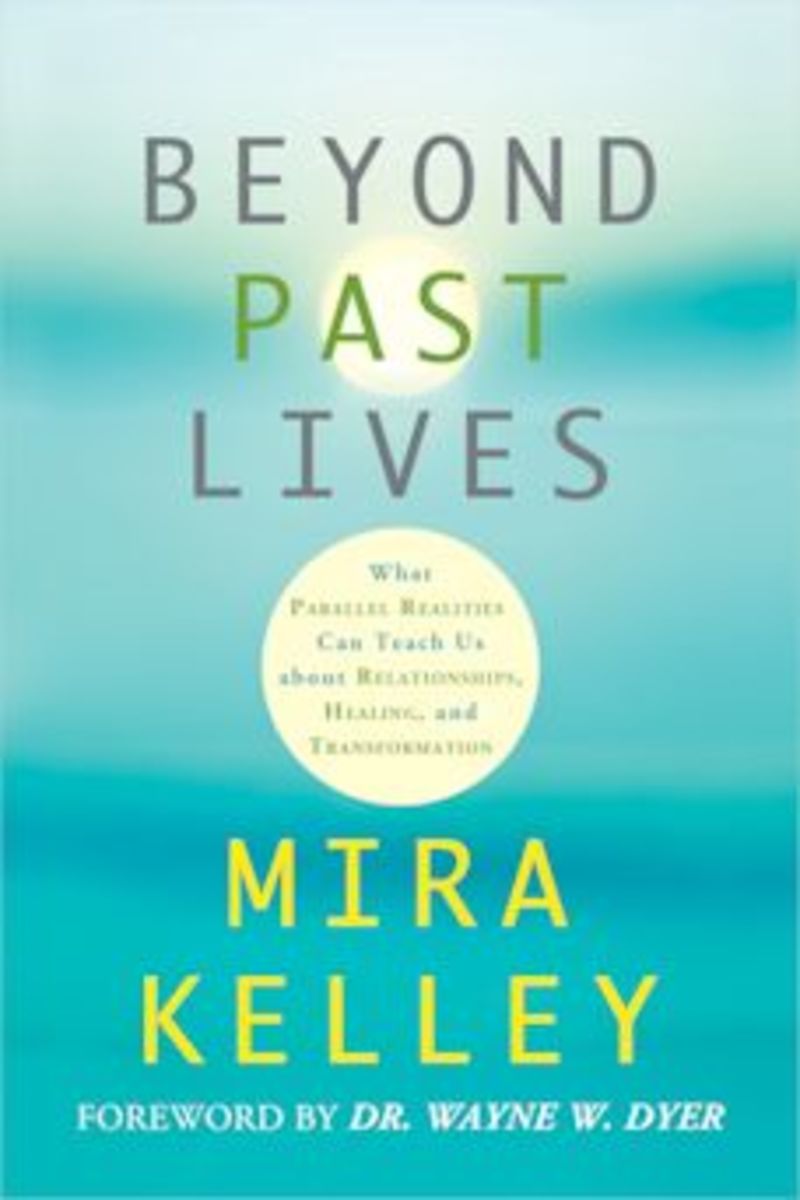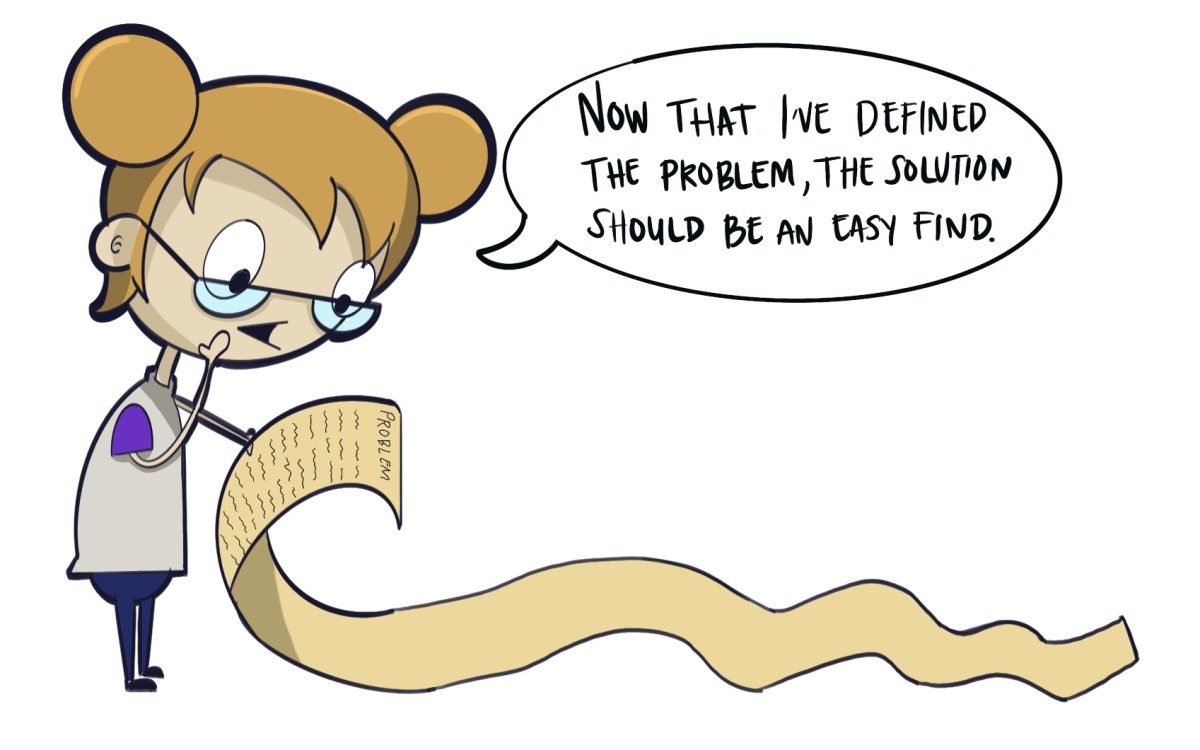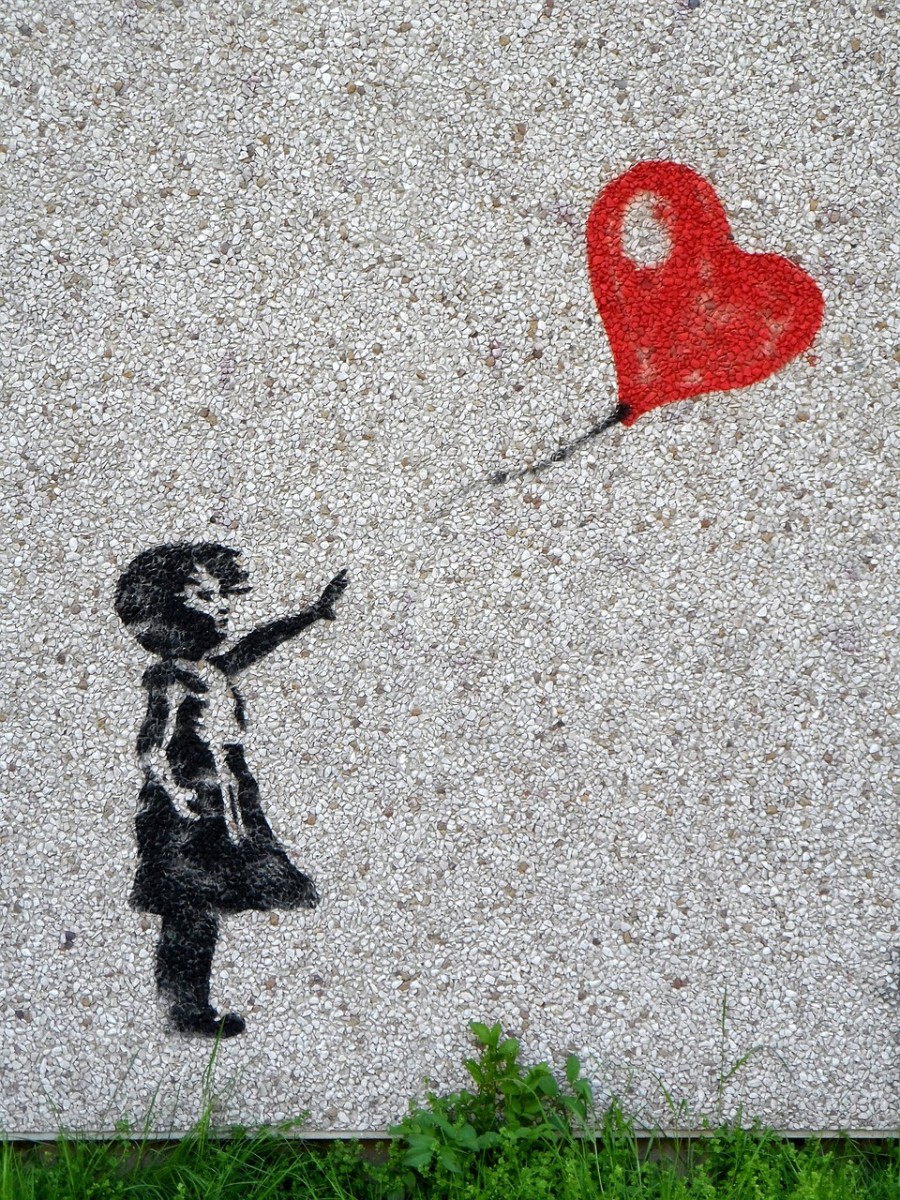- HubPages»
- Health»
- Mental Health»
- Emotions
When We Feel Knocked Down

Life is unfair
it doesn't seem right. We did everything we could to make things work, and yet we still ended up on the bottom of the dog pile. We were knocked down, perhaps even kicked, laughed at, and scorned. We did what we thought was right. Why are we being punished?
Bad things happen to good people. It is a fallacy to believe that we will receive a reward for doing good. Although Christian doctrine is replete with warnings that evil will be punished and good will triumph in the end, there is irony in the way this plays out in our everyday lives. The results are not immediate, in fact, we may not see them at all!
We may work all of our lives for a cause that is just, and never receive any thanks for it. We may give all that we have to the poor, and then end up poor ourselves. Life has a way of reminding us that things are not necessarily what we expect them to be. Even though our choices seem right and good, something bad can still happen. If the response was immediate, it is natural to connect it as a consequence for our choice.
We fall into this trap when we have the following irrational beliefs*:
- those who sacrifice for and do good will receive a reward
- we will be happy when those around us change their behavior
- things must be equal to be fair
These are discussed in the paragraphs that follow, along with ways to change them to more rational beliefs that lead us to a positive sense of well-being.

ANYWAY
People are unreasonable, illogical and self-centered!
LOVE THEM ANYWAY!
If you do good, people will accuse you of ulterior motives.
DO GOOD ANYWAY!
If you are successful, you will win false friends and true enemies.
SUCCEED ANYWAY!
The good you do today will be forgotten tomorrow.
DO GOOD ANYWAY!
Honesty and frankness make you vulnerable.
BE HONEST AND FRANK ANYWAY!
People favor underdogs but follow only top dogs.
FIGHT FOR SOME UNDERDOGS!
What you spend years building may be destroyed overnight!
BUILD ANYWAY!
People really need help but may attack you if you help them.
HELP PEOPLE ANYWAY!
Give the world the best you have and you'll get kicked in the teeth.
GIVE THE WORLD THE BEST YOU'VE GOT ANYWAY!
by Anonymous
Those who sacrifice for and do good receive a reward
Logic tells us that because good triumphs in the end, it will also triumph in our lives. Unfortunately, this may not necessarily be so. It does happen, however, and when we see it, we are reinforced in our belief that it will.
We wait on God, thinking that if we could just have something good happen, we will know that we are loved, cared for, and important. We forget that Christ, Himself, went about doing good all of his life, and yet He was rejected, scorned, beaten, and eventually crucified.
We think that somehow, we will be the exception, that our faith in Jesus Christ will protect us from negative experiences. Since it does not, we must be doing something wrong. We look back at our lives, and find all of the mistakes that we have made and end up feeling guilty for not being good enough!
In reality, God loves us unconditionally and has prepared a place for us. We show our love for Him by following His commandments. As we do so, we are blessed in countless ways. His love surrounds us just like the sunshine. All we have to do to feel it is to look up. It is His grace that saves us, after all we do.
The song "Blessings" by Laura Story tells us that there are many ways He shares His love.
We will be happy with those around us change their behavior
Faith leads us to ask God for help in our lives. Our prayers are replete with requests for safety and protection, understanding of the problems we face, and assistance in making our finances stretch to the end of the month.
One of the most frequent prayers we utter is for assistance in our relationships. A large portion of our lives is spent trying to figure out people, their needs, wants, and behaviors. Many people even see conflict as sinful, and pray that it can be avoided at all costs.
There is a story told of a row of trees planted in a sheltered location. They grew tall and very beautiful, yet when a strong wind came, they toppled like toothpicks. The reason being that their roots were not deep enough to hold them steady. We are like those trees. In order for our roots to reach down deep into gospel soil, the winds of adversity must swirl about us. We grow as we learn and look to God for assistance.
Expecting God to change others for us to be happy is an unrealistic expectation. We cannot change others, and God will not. We are all human beings with freedom to act for ourselves, and God will force no-one. When we realize and accept this fact, we come face to face with our own selves and realize that if anything needs to change for us to be happy, it is us!

Why choose good?
Choosing good leads to feelings of peace in our mind, heart and soul.
Does this mean that God will make good things happen? Perhaps, but not necessarily.
Choosing right and good leads to increased ability to recognize our conscious when it speaks.
Does this mean that we will always know what to do? Sometimes.
Doing good leads to integrity and strength of character.
Does this mean that others will be kind? Maybe.
Although good will triumph in the end, there will still be wars, confusion, strife, abuse, and malice in the world.
God does not stop bad things from happening, but as we look to Him in faith, we are able to understand what to do, and go forward with our lives.
Fair does not mean equal
The tug of war in our souls comes when we realize that fair does not necessarily mean equal. In fact, life is neither fair nor equal! In order for us to find happiness and peace, we have to accept that life is what it is, and we cannot make it into what we want it to be.
Part of the problem is that we are unable to recognize the blessings that we do receive. We think that because we experience trials and difficulties, that we are not in favor with God. When things are going well, we feel blessed, but when things are not, we think that we are being punished.
When this happens, our minds and hearts are filled with confusion and misunderstanding. We stop seeking God because we feel that He has stopped blessing us. We move further and further away from Him, not realizing that He can only help us when we ask for His assistance.


How does it really work?
We process the things that happen to us through our past experience. These experiences provide our world view. Our memories form a type of master filing system that gives us information. Just like the Internet or a computer matches words and phrases while searching in order to find a desired item, our brains look for memories that are similar in some way, whether it be in sight, sound, smell, or feeling.
The more similarities, the higher ranking the memory is during this search. Our automatic reaction is the direct result of the highest ranking memory from the results. Because negative experiences weigh heavily on the scale of our senses, they are more likely to come to the top of the search more frequently. This makes it seem as if they happen more often than they really do.
Negative experiences following positive choices become more significant to us, thus, they weigh more heavily on our experience scale. When we take our negative memories and derive learning experiences from them, setting goals and making commitments, we change the way they are stored in our brains. They are less likely to surface, coloring our current circumstance.

Which thinking pattern seems to give you the most difficulty?
If all of the trials and difficulties in the world were put in the same pile, and we each took our fair share, we would all come away with about the same number as we have now. Others have similar feelings and experiences as we do. Rather than internalizing and feeling sorry for ourselves, we find purpose and meaning when we reach out to help others. That way, we learn and grow from our negative experiences and are less likely to feel knocked down, or punished by them.
* Condensed from information provided by the Northwest Human Services Center in a handout titled "Fifteen Styles of Distorted Thinking."

This content is accurate and true to the best of the author’s knowledge and is not meant to substitute for formal and individualized advice from a qualified professional.
© 2014 Denise W Anderson








